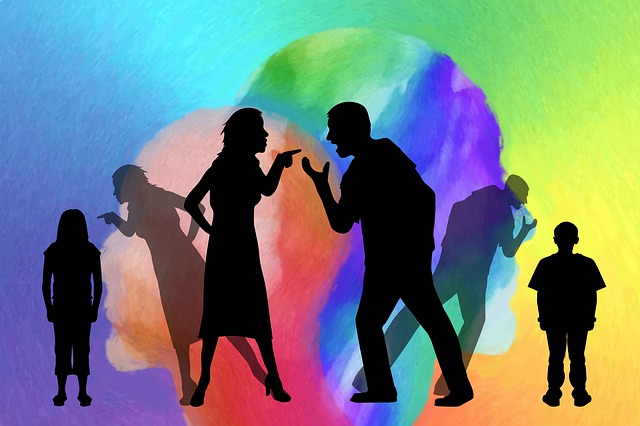Is anger bad for your health? Recent research published in the Journal of the American Heart Association suggests that repeated bouts of anger could have the potential to increase your risk of cardiovascular health.
The study entitled “Translational research of the acute effects of negative emotions on vascular endothelial health: finding from a randomized controlled study” was published in May of 2024 and led by Dr. Daichi Shimbo, a Cardiologist and Professor of Medicine in the Division of Cardiology in the Department of Medicine at Columbia University Irving Medical Center.
Shimbo and his team examined the acute effects of provoked anger, and secondarily, anxiety and sadness on endothelial cell health, which is an overall indicator of vascular health.
Anger Effect on the Body
 The study included 280 healthy adult participants who were randomized to an 8‐minute anger recall task, a depressed mood recall task, an anxiety recall task, or an emotionally neutral condition.
The study included 280 healthy adult participants who were randomized to an 8‐minute anger recall task, a depressed mood recall task, an anxiety recall task, or an emotionally neutral condition.
Following the session, researchers used a combination of serological markers to assess endothelial cell health.
Additionally, they tested for reactive hyperemia, or how quickly blood vessels are able to expand and facilitate blood flow after an occlusion.
Researchers found that anger negatively affected endothelial cell health by impairing the blood vessels’ ability to dilate, restricting blood flow.
This impaired state persisted up to forty minutes after the recall exercise, before returning to baseline. These findings were not identified for the other emotional states.
“Our data suggest that maybe the mechanisms that explain anxiety and sadness in heart disease risk are different than those that explain anger. So it tells us: be careful about lumping different negative emotions in the same bucket,” said Shimbo.
Anger and Heart Attack Risk
 This is not the first study to suggest that the emotion of anger could affect your health.
This is not the first study to suggest that the emotion of anger could affect your health.
A study published in The European Heart Journal Acute Cardiovascular Care suggests that having an episode of intense anger was associated with an 8.5 times greater risk of having a heart attack during the following 2 hours.
The study looked at 313 people who were being treated in a hospital for a heart attack. The men and women were asked to fill out a questionnaire about the level of anger they experienced in the last 48 hours based on a number scale from 1-7.
Level 1 was being “calm” and level 7 was “enraged, out of control, throwing objects and hurting yourself or others”. For study purposes, the threshold of acute anger was defined by level 5 – “very angry, body tense, maybe fists clenched, ready to burst”.
An anger level greater than 5 was reported among seven of the people in the study in the two hours prior to their heart attack, and up to four hours prior for one person.
An anger level of 4 was reported among two people within the the two hours before heart attack symptoms, and among four hours before for three people.
According to the researchers, the results come to a 8.5-fold increase in relative risk of a heart attack in the two hours following severe anger. People who reported high levels of anxiety, also had a higher risk.
Another Perspective on Understanding Anger
 When we think about potentially destructive emotions, we often think about anger. And for good reason.
When we think about potentially destructive emotions, we often think about anger. And for good reason.
Anger is probably the most common emotion that we have that leads to feelings of regret later.
Dr. Matsumoto doesn’t believe anger is inherently a “bad” emotion; getting angry can result in some good in our lives and in society. Anger, and all other basic emotions, exist for a reason.
In our evolutionary history, being angry (and disgusted and afraid and sad, etc.) was functional for us. That is, anger, as all other basic emotions, helped us deal with problems in our lives and in our environments in order to survive.
In our evolutionary past, emotions like anger were important in order to deal with many life struggles. All our emotions allowed us to handle incredibly difficult events that required us to think with minimal conscious awareness.
Emotions have helped us deal with birth, death, finding food, fighting for mates and resources, and everything else required for living for eons.
Anger, and all other emotions, have helped us deal with all these problems of living. Put another way, if we didn’t have anger (and the other emotions), we wouldn’t be here in the first place.